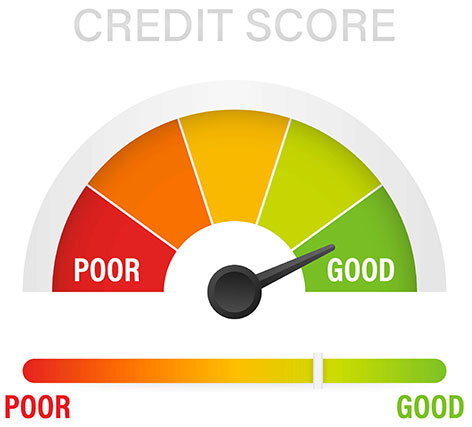Understanding Your Experian Credit Score
Experian is a globally recognised credit information company that has its operations in multiple countries. In India, it started its operation in 2010. It is the first credit information company that licensed by Credit Information Companies (Regulation) Act 2005 (CICRA 2005).
As per guidelines issued by the RBI and Credit Information Companies (Regulation) Act of 2005, Experian provides credit score and credit report to both consumers and lenders.









 Get it on playstore
Get it on playstore Get it on appstore
Get it on appstore
